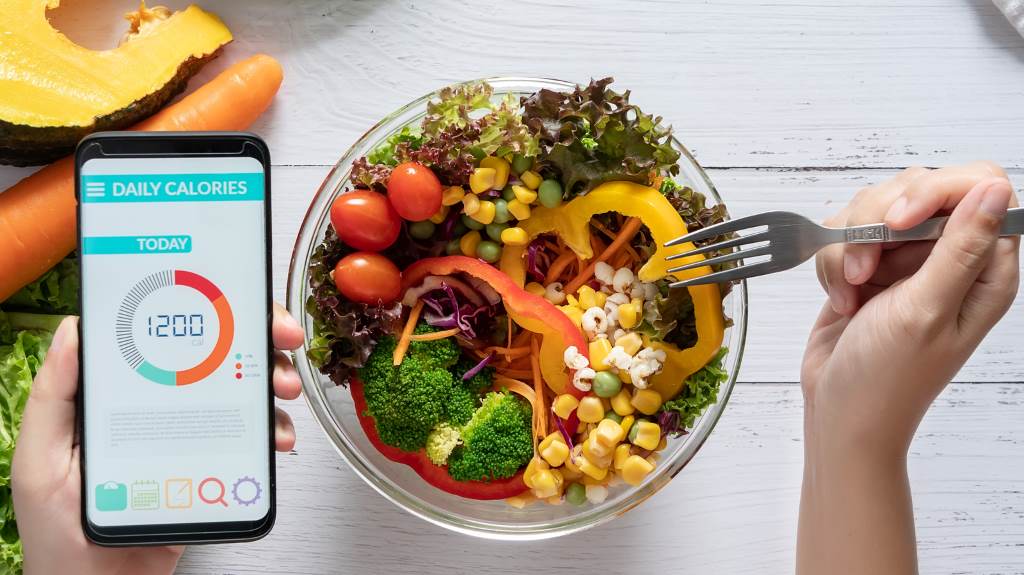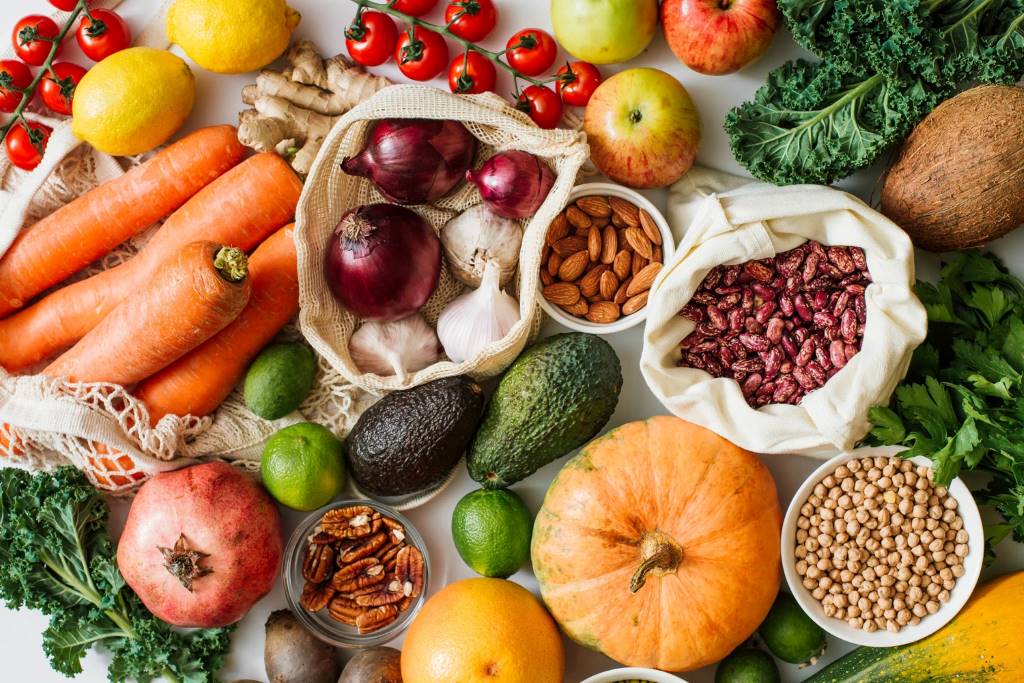Is a 1200-Calorie Diet Too Low? Exploring Safety, Benefits, and Risks

Imagine slashing your daily food intake to just 1200 calories in hopes of shedding pounds quickly—sounds tempting, right? But is 1200 calories too low to sustain your health and energy? This question sparks debates among dieters, nutritionists, and fitness enthusiasts alike. With weight loss trends dominating social media and quick-fix diets promising rapid results, it’s easy to fall into the trap of extreme calorie restriction. In this article, we’ll dive deep into whether a 1200-calorie diet is safe, effective, or potentially harmful, providing you with evidence-based insights to make informed choices about your health.
What Is a 1200-Calorie Diet?
A 1200-calorie diet involves limiting your daily caloric intake to 1200 calories, often used as a weight loss strategy. This approach typically emphasizes nutrient-dense foods like vegetables, lean proteins, and whole grains to maximize satiety while minimizing calories. It’s commonly marketed as a low-calorie diet for women, with some plans tailored for men requiring slightly higher calories.
But why 1200 calories? This number is often cited as the minimum threshold for many adults to meet basic nutritional needs while creating a calorie deficit for weight loss. However, the suitability of this diet depends on factors like age, gender, activity level, and overall health.
Is 1200 Calories Enough for Your Body?
To determine if 1200 calories is too low, we need to understand your body’s energy requirements. Your Basal Metabolic Rate (BMR) represents the calories your body needs at rest to maintain vital functions like breathing and circulation. For most adults, BMR ranges from 1400 to 1800 calories, depending on factors like height, weight, and muscle mass. Adding physical activity increases your Total Daily Energy Expenditure (TDEE), often pushing calorie needs to 1800–2500 or more.
For many, 1200 calories fall significantly below their TDEE, creating a substantial calorie deficit. While this can lead to weight loss (typically 1–2 pounds per week, as 1 pound of fat equals about 3500 calories), it may also trigger health concerns if sustained long-term.
Benefits of a 1200-Calorie Diet
When done correctly and under supervision, a 1200-calorie diet can offer benefits, particularly for short-term weight loss goals:
- Promotes Weight Loss: A calorie deficit is the cornerstone of weight reduction. For individuals with higher body weight, 1200 calories can jumpstart fat loss.
- Improves Discipline: Tracking calories encourages mindful eating and portion control, fostering healthier habits.
- May Suit Specific Populations: For petite, sedentary women or those with medical conditions like obesity (under doctor supervision), 1200 calories may align with their needs.
However, these benefits hinge on consuming nutrient-rich foods to avoid deficiencies. A diet of processed snacks at 1200 calories won’t yield the same results as one packed with vegetables, proteins, and healthy fats.
Risks of a 1200-Calorie Diet

While a 1200-calorie diet may sound appealing, it’s not without risks, especially if followed without professional guidance:
1. Nutritional Deficiencies
Restricting calories to 1200 often makes it challenging to meet daily requirements for vitamins and minerals like iron, calcium, and vitamin B12. Over time, deficiencies can lead to fatigue, weakened immunity, and bone health issues.
2. Muscle Loss
Extreme calorie restriction can cause your body to break down muscle tissue for energy, slowing your metabolism and making weight maintenance harder.
3. Metabolic Slowdown
Prolonged low-calorie intake may prompt your body to enter “starvation mode,” reducing your BMR to conserve energy. This can stall weight loss and make regain more likely.
4. Hormonal Imbalances
Severely limiting calories can disrupt hormones like thyroid, cortisol, and leptin, affecting hunger, energy, and even menstrual cycles in women.
5. Psychological Effects
Constant hunger and food preoccupation can increase stress, irritability, and the risk of disordered eating patterns.
Who Should Consider a 1200-Calorie Diet?
A 1200-calorie diet isn’t a one-size-fits-all solution. It may be appropriate for:
- Petite, Sedentary Women: Smaller individuals with lower BMRs may find 1200 calories sufficient for weight loss.
- Medically Supervised Plans: Doctors may prescribe very low-calorie diets (VLCDs) for patients with obesity or pre-surgery requirements.
- Short-Term Goals: For those needing quick results (e.g., for a medical procedure), a brief 1200-calorie plan under guidance can be effective.
Conversely, it’s generally unsuitable for:
- Active individuals or athletes with high energy demands.
- Men, who typically have higher muscle mass and calorie needs.
- Pregnant or breastfeeding women requiring additional nutrients.
- Growing teens or children.
Always consult a dietitian or doctor before starting a low-calorie diet to ensure it aligns with your health goals.
How to Safely Follow a 1200-Calorie Diet
If you and your healthcare provider determine that a 1200-calorie diet is appropriate, follow these tips to maximize safety and effectiveness:
- Prioritize Nutrient-Dense Foods: Focus on vegetables, fruits, lean proteins (chicken, fish, tofu), whole grains (quinoa, oats), and healthy fats (avocado, nuts). These keep you fuller longer and provide essential nutrients.
- Stay Hydrated: Drink plenty of water to support metabolism and curb false hunger cues.
- Incorporate Protein: Aim for 20–30 grams per meal to preserve muscle mass and enhance satiety.
- Take a Multivitamin: A supplement can help fill nutritional gaps, but it’s not a substitute for whole foods.
- Monitor Your Body: Watch for signs of fatigue, dizziness, or hair loss, which may indicate the diet is too restrictive.
- Plan for Sustainability: Use the 1200-calorie diet as a short-term tool, transitioning to a maintenance plan to avoid weight regain.
Read Also:
What Challenges Arise in Data Collection for Academic Purposes?
Top SEO Tips for the Quality Content Era
Essential Features for Ecommerce Websites in 2025
Sample 1200-Calorie Meal Plan
To illustrate how a balanced 1200-calorie diet looks, here’s a one-day sample plan:
- Breakfast (300 calories): 1 cup Greek yogurt (plain, nonfat), ½ cup berries, 1 tbsp chia seeds.
- Snack (100 calories): 1 small apple, 1 tbsp almond butter.
- Lunch (350 calories): 2 cups mixed greens, 3 oz grilled chicken breast, ½ cup cherry tomatoes, 1 tbsp olive oil vinaigrette.
- Snack (100 calories): 1 hard-boiled egg, 1 cup baby carrots.
- Dinner (350 calories): 4 oz baked salmon, 1 cup steamed broccoli, ½ cup cooked quinoa.
This plan emphasizes whole foods, balances macronutrients, and keeps you satisfied throughout the day.
Alternatives to a 1200-Calorie Diet
If 1200 calories feel too restrictive, consider these sustainable weight loss strategies:
- Moderate Calorie Deficit: Aim for a 500–750 calorie deficit from your TDEE for gradual, sustainable weight loss.
- Intermittent Fasting: Alternate periods of eating and fasting to reduce overall calorie intake without strict daily limits.
- Mediterranean Diet: Focus on plant-based foods, healthy fats, and lean proteins for long-term health and weight management.
- Increase Activity: Boost your TDEE through exercise, allowing you to eat more while maintaining a deficit.
These approaches prioritize health, flexibility, and adherence over extreme restriction.
Expert Opinions on 1200-Calorie Diets
Registered dietitians often caution against long-term 1200-calorie diets. According to the Academy of Nutrition and Dietetics, very low-calorie diets should be medically supervised to prevent adverse effects. Experts emphasize personalized nutrition plans over generic calorie targets, as individual needs vary widely.
Conclusion: Is 1200 Calories Too Low for You?
So, is a 1200-calorie diet too low? For many, the answer is yes—it’s often below the body’s basic energy and nutritional needs, posing risks like deficiencies, muscle loss, and metabolic slowdown. While it can work for specific populations under professional guidance, it’s not a sustainable or universal solution. Prioritizing nutrient-dense foods, consulting a dietitian, and exploring less restrictive alternatives can help you achieve your goals without compromising health.
Curious about what calorie level is right for you? Calculate your TDEE using an online calculator or consult a dietitian to create a personalized plan. Share your thoughts or experiences with low-calorie diets in the comments below—we’d love to hear from you!
